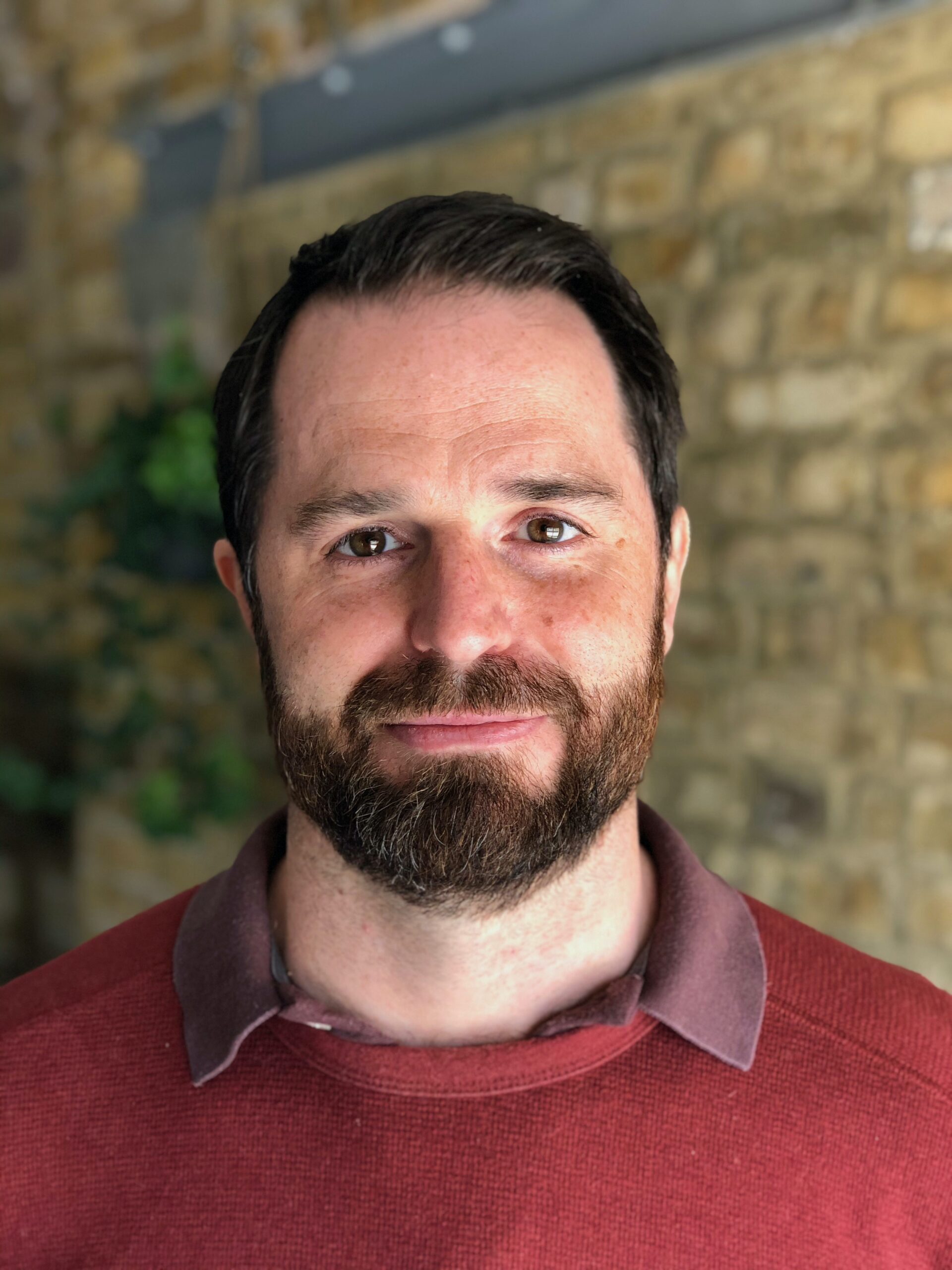A new research project on how peacebuilding
is evolving for a climate-changed world
We know that climate change will profoundly change conflict landscapes — though exactly how and where is impossible to predict.
The Climate / Security Agendas Project is real-time research to explore how peacebuilding & conflict diplomacy are evolving to meet this uncertain future.
The goal is to go beyond headlines to give an empirical, richly narrative account of where and how transnational policy responses take shape.
Rationale & objectives
There is already a large literature on the specific ways that climate change will interact with known drivers of conflict.
My point of departure is a bit different–that actually acting on this information poses major adaptive challenges for political systems.
With this in mind, the research interest is to narrate how a complex transnational stakeholder landscape comes to settle around particular ideas and policy responses, out of all the available alternatives.
Integral to this is supporting partner institutions with both (i) comparative perspective on what is happening where, and (ii) the best-available research on the anticipatory governance of risk.
Approach & methodology
The most fundamental attribute of climate change is that it is “de-bounding”: it cuts across jurisdictions, institutional mandates, and disciplinary perspectives
With this in mind I explore how transitional policy agendas are taking shape from three complementary perspectives:
Problem definition: the ideas work that sets the table. Much of this occurs outside of political and operational institutions, amongst applied researchers and civil society.
Solution seeking: the “natural selection” process amongst practitioners and policy professionals, whereby some alternatives thrive and others fail to get traction.
Legitimacy & support: the strategic engagement and influencing work that builds a viable coalition, and mobilises political authority.
This framework adapts well-established approaches for the study of policy agendas for a complex, transnational decision space. The key disciplinary contributions* are from conflict dynamics, political ecology, science & technology studies, and critical futures studies.
(* Working paper and literature visualisations are forthcoming.)
Key project information
This is a doctoral research project under the Development Studies department of SOAS, University of London. The Department is a leading global centre (currently ranked #2 in the world) for the inter-disciplinary study of economic, political, and social change.
Academic support is provided by two primary academic supervisors (Jonathan Goodhand and Andrew Newsham), along with a broader reference group of subject matter experts.
For important information about informed consent & data protection, please click here for the project’s key information sheet. There are no funding interests to disclose.
Biography
I am a strategy and transformation consultant with 20+ years of experience across multilateral institutions and in highly fragile contexts (see Consulting).
In the past I have coordinated global reviews of policy/practice for topics including UN-World Bank partnerships, integrated planning for UN peace operations, and durable solutions for long-term refugee populations.
My earlier qualifications are in law (UNSW Australia) and public policy (Harvard Kennedy School). Publications include the One Step Forward podcast — a dialogue project on the ethics and practice of international public service — and long reads on strategy and innovative financing in protracted crises.
